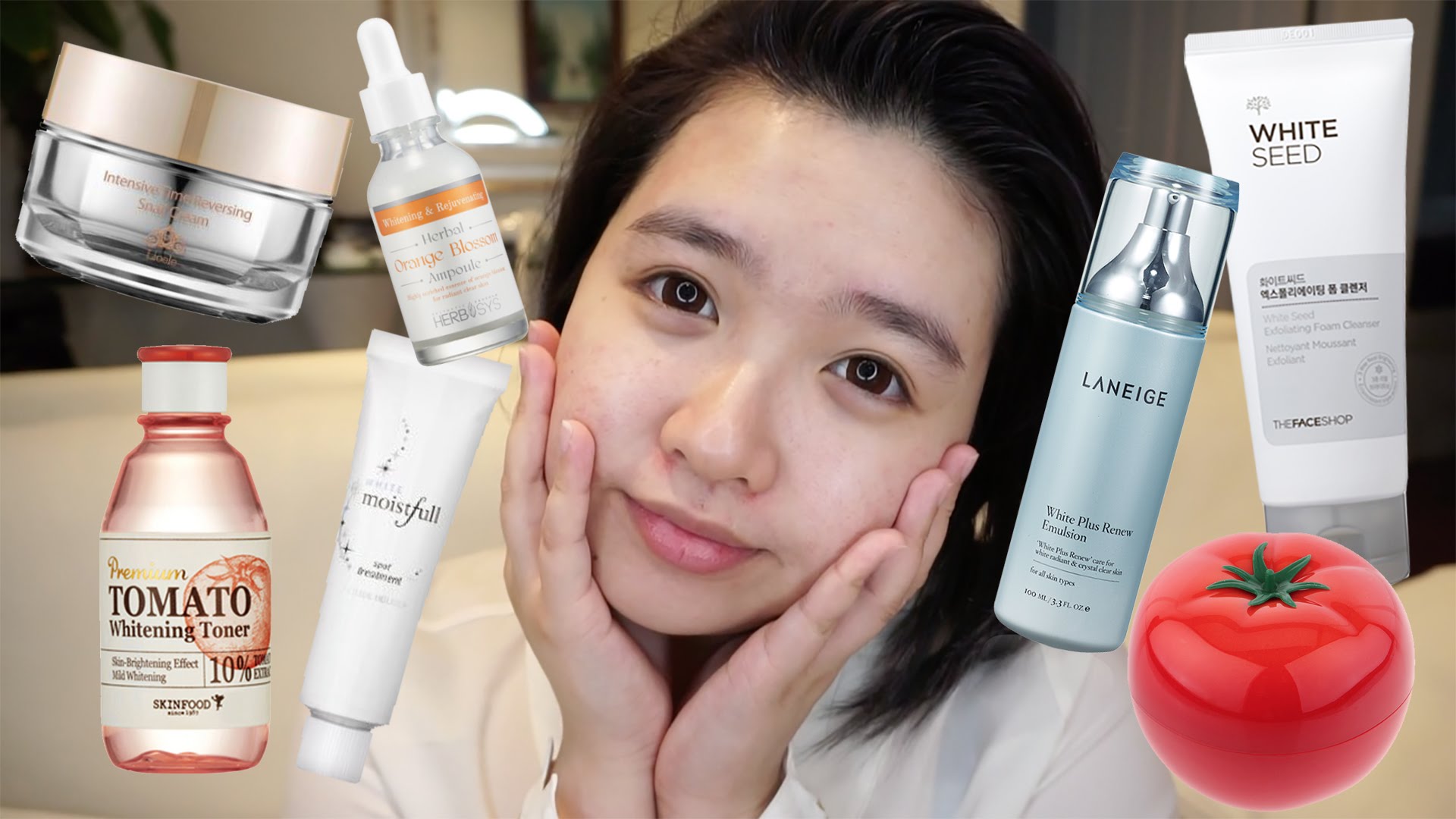Effective Treatments For Cystic Acne
What is Cystic Acne?
Cystic Acne (precisely Nodulocystic Acne) is an acute or severe form of acne, which derives its name from the cysts that accompany this acne condition. These cysts are actually nodules of inflammation that result from abnormal dilation of a normal skin structure.
The cysts normally develop from a papular or nodular acne lesion when it percolates deeper into the skin generating local immune response. Cysts may appear only on, or mostly develop on, the face. However, they may soon occur in other areas like the neck, shoulders, back, chest, arms and even affect the scalp. When the cysts get inflamed, they can be painful and appear to be filled with thick, yellow pus-like fluid.
Cystic Acne is a disfiguring form of severe acne as it causes cell destruction and leads to permanent skin scarring. Sometimes a cyst even measures several centimeters in diameter leading to deep keloidal scars. Cystic Acne is dreaded most for this disfiguring aspect of scarring, which may continue for ten or more years and can lead to severe consequences. In the appearance-conscious society of the present times, Cystic Acne can ruin one’s personal and professional prospects, draining and devastating the person psychologically.
Nodular cysts occurring close together may unite, causing substantial cell destruction and inflammation and leading to another form of Severe Acne, Acne Conglobata.
Approved Treatments For Cystic Acne
Approved treatments for Cystic Acne include:
- Oral medication (chiefly antibiotics and contraceptives)
- Isotretinoin
- Intralesional Corticosteroid Injections and
- Surgical Excision
Topical antibiotics and warm water compresses are prescribed for the initial stages or mild cases of Cystic Acne.
Oral Medication
Oral antibiotics have been the mainstay of acne treatment for many years. The treatment begins with high dosage of antibiotics, which is lowered with improvement in the acne condition. Antibiotics such as Doxycycline, Erythromycin, Minocycline and Tetracycline are known to be effective against Cystic Acne. The one backlash of antibiotic treatment is that the acne bacteria can become resistant to the antibiotic being used to treat it. In that case, it has to be followed with another antibiotic.
Oral contraceptives, likewise, are effective in curing acne in women. Birth-control pills act by suppressing overactive sebaceous glands.
Isotretinoin
Isotretinoin, a retinoid related to vitamin A, is an effective oral treatment for patients suffering from severe Cystic Acne. Isotretinoin acts by reducing sebum production, thereby unclogging skin pores and preventing the formation of new comedones. The opening up of the hair follicles simultaneously suppresses the growth of anaerobic bacteria that cause inflammation. Isotretinoin produces the best results when it is used from the early stages (it is not effective on pre-existing scars). Isotretinoin medication is usually continued for fifteen to twenty weeks.
Intralesional Corticosteroid (CS) Injections
Intralesional Corticosteroids have been successfully used to treat a variety of dermatological and non-dermatological conditions including Cystic Acne. Intralesional Therapy or Intralesional Injection implies the direct injection of the drug into the skin lesion. This leads to higher concentration of the drug at the site of the disease so that it acts faster and produces better results.
Intralesional Corticosteroid injections are used when an acne cyst becomes severely inflamed. Injections diluted with Corticosteroid not only lessen pain and inflammation, they also help in avoiding scarring of the skin by preventing the cyst from rupturing. Following Intralesional Therapy with any of the steroids, namely Triamcinolone Acetonide (TA) or triamcinolone hexacetonide, hydrocortisone acetate, methylprednisolone, the cyst melts (in 3 to 5 days) and the process of regeneration and healing starts.
All the above-mentioned treatments have both advantages and disadvantages; hence, consultation with your dermatologist (detailing your health condition) is a must.
Surgical Excision
Acne surgery, or surgical excision and removal of acne, is performed when the cysts do not respond to medication. Treatment involves manual extraction of blackheads and whiteheads with the help of a pointed instrument like a round loop extractor that dislodges the blackhead or whitehead in the cyst. This form of surgery should only be performed in perfectly sterile conditions by trained dermatologists. Extraction undertaken by unqualified people may lead to rupturing of the skin tissue, which can then invite infection from skin-based bacteria, leading to greater inflammation.
Cystic Acne, like all acne conditions is curable; it only needs immediate attention and proper treatment.
Effective Treatments For Cystic Acne by Frank Cordova



